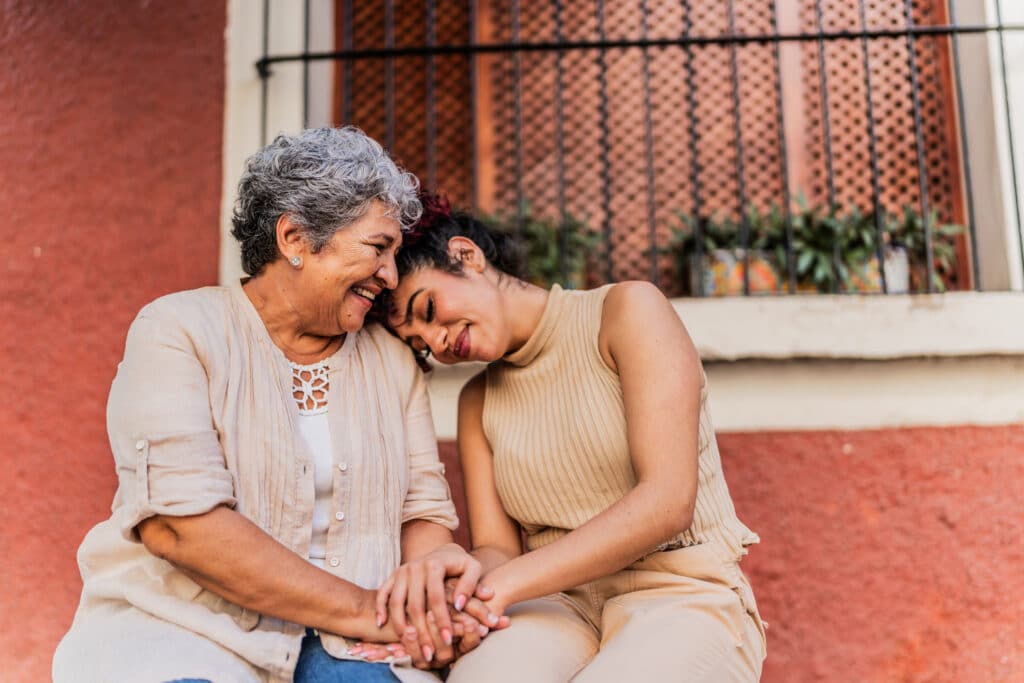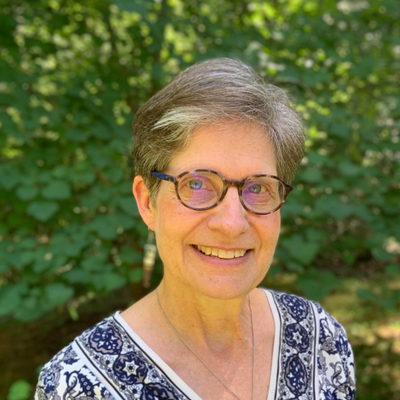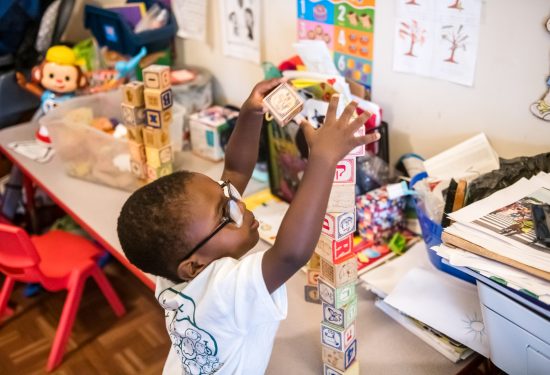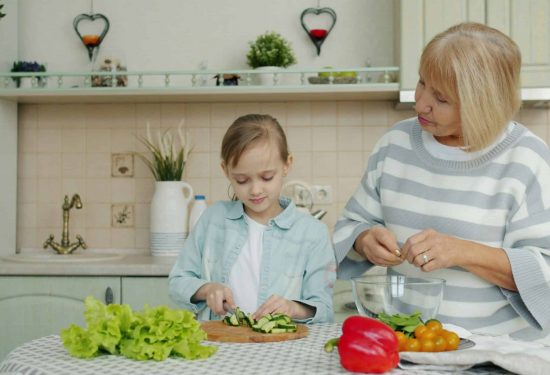The grandmothers, aunts and neighbors who care for millions of young children in the U.S. each day often seem invisible in the child care policy landscape, but their voices are the ones many policymakers still hear in their heads well into adulthood. Presidential candidate Kamala Harris recently described Mrs. Shelton, the child care provider who often cared for her while her scientist mother was working to end cancer, as her “second mom.” Massachusetts Sen. Elizabeth Warren says her 78-year-old Aunt B., who moved in to care for Warren’s two children, made it possible for her to take a job as a law professor, which ultimately led to a career in politics. Both leaders are strong advocates for child care policy reform that would make child care more accessible and affordable for all families.
Curious about the influence family, friend and neighbor “other mothers” have had on other child care leaders, we asked a few of our colleagues and partners how home-based care influenced their lives and legacy as early learning advocates.
Bernadette Sangalang, Children and Families Director, The David and Lucile Packard Foundation
Home Grown: You came to the U.S. as a child after your parents had already emigrated to the U.S. in search of more education and good work. Tell me about the woman who took care of you for those years while you were still in the Philippines.
Bernadette: When my parents moved to the U.S., my sisters and I stayed with my grandmother Candelaria. I was 5 at the time. My grandmother had eight children of her own, but she was widowed early on. I never got to meet my grandfather. Still, she also took care of everyone else around her—her kids, her grandkids, my friends, others in the neighborhood. She was the matriarch, a strong presence for all of us, both compassionate and resourceful. We — her kids and her grandkids — all called her Nanay, which means “mother” in Tagalog, because she was the center of our world.
I remember that she taught me to cook. I would follow her around the kitchen, and she would let me help, let me stand on a stool and stir the pots. She also taught me to sew. She was an incredible seamstress. She had made my mom’s wedding dress. Eventually she moved with us to the United States to rejoin my parents, and when I was in high school she made my prom dress. Her love was baked into everything: those dresses; her food; our education, which she always told us was the most important thing. She always had time for me, to really pay attention, and make me feel like I was an important person. She was truly a care provider.
She always had time for me, to really pay attention, and make me feel like I was an important person. She was truly a care provider.
Bernadette Sangalang
The David and Lucille Packard Foundation
Home Grown: In Michelle Obama’s speech at the Democratic National Convention, she talked about learning compassion from her mother. What qualities of heart and mind did you learn from your grandmother, ways of being that you carried into your work as a social worker and now funder for programs that support children and families?
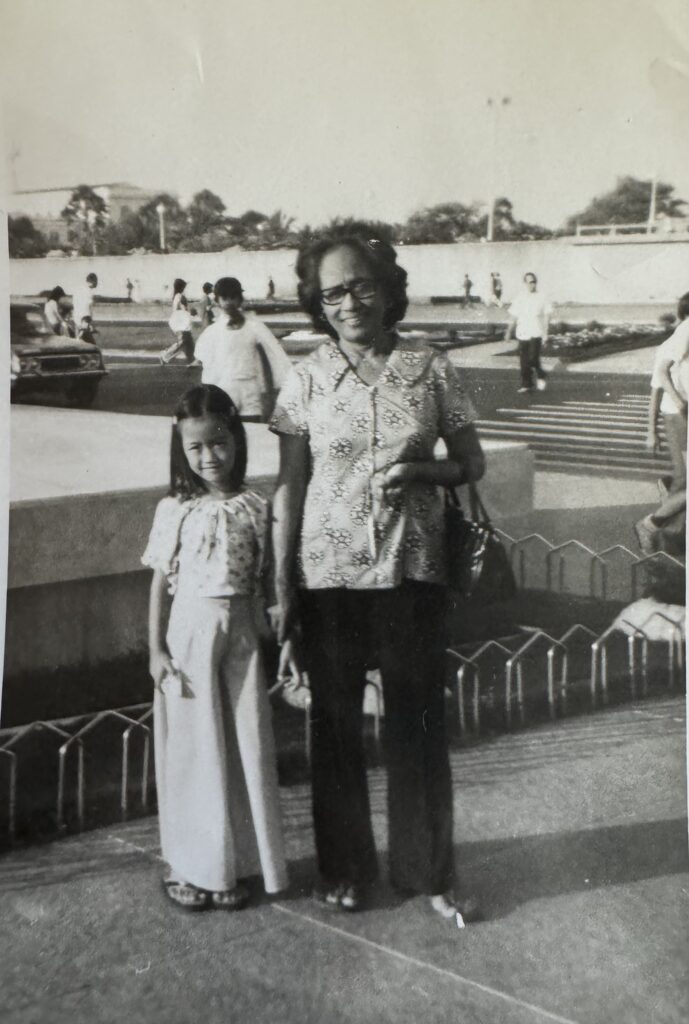
Bernadette: My grandmother taught me how to meet people where they’re at and to really listen to grandmas, to neighbors, to moms and caregivers, to really trust their ideas because they know best. I learned responsibility for others from my grandmother. Another person might just have collapsed in the face of all the challenges she faced, but Nanay persevered. So that’s what I try to do, too. I try to be as strong and resourceful as she was. She showed me that what matters most is just making time for a person, no matter how busy you are, caring in a way that makes them feel like an important person who matters. That message still informs my work, listening to parents, to FFN caregivers, connecting these important people to other important people and organizations who can support caregiving work.
Home Grown: I know that Candelaria has passed, but if you were writing her a love note today, what would you say?
Bernadette: You’re getting me teary eyed. … I’d just say thanks for loving me. Thanks for believing in me. Yeah, thanks for believing in me. Yeah.
Alexandra Patterson, Director of Policy and Strategy at Home Grown
Home Grown: You wrote a blog in which you talk about your Aunt Ruthie who took care of you when you were young. Can you tell me a little more about what you learned from her?
Alexandra: My aunt wasn’t trained in child development, but she was an expert. She knew it was important to slow down, to feed my imagination, to care about the things that were important to me, whether that was dancing to the Nutcracker in my socks or dressing my dolls in their snowsuits before taking them out in the cold. She didn’t have the most expensive toys or a big house, but she recognized that every experience — even the most ordinary ones — was a learning opportunity, which is something that helped me to grow and learn. She was intentional as a caregiver, and now research validates that time and focus are what kids need most, not the bells and whistles. So my parents drove 40 minutes every day to take me to Aunt Ruthie’s. Because they trusted her. They knew I was going to be safe there, and I was going to learn and be loved.
My aunt wasn’t trained in child development, but she was an expert. She knew it was important to slow down, to feed my imagination, to care about the things that were important to me, whether that was dancing to the Nutcracker in my socks or dressing my dolls in their snowsuits before taking them out in the cold.
Alexandra Patterson
Home Grown
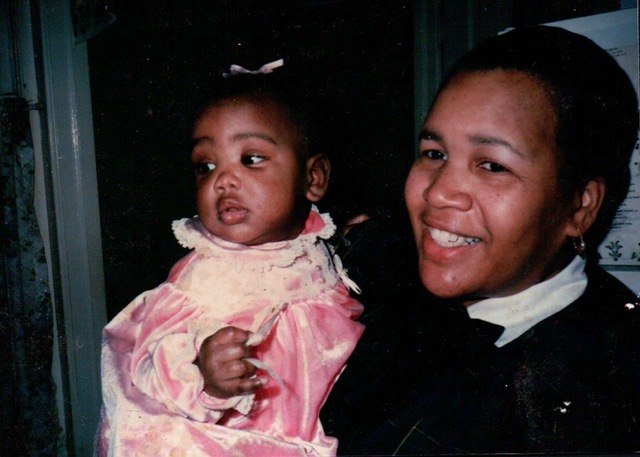
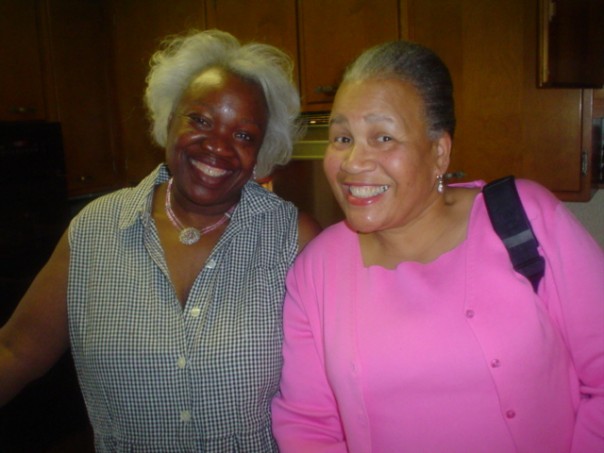
Home Grown: Now you work as an early educator, advocate and strategist supporting FFNs like Ruthie. How did her influence shape what you’re doing today?
Alexandra: My aunt raised her family in West Philadelphia. Both of my parents are from West Philadelphia. That community was my classroom and my playground. Philadelphia, West Philadelphia in particular, doesn’t always have a good reputation in the news, but it’s impossible for me not to believe that good things are happening in Philadelphia neighborhoods and in other similar communities. Home-based caregivers and providers serving low-income communities are overlooked and under-resourced. My professional mission is to lift up the voices of folks like Ruthie and the families they serve because this is where I was cared for and I know there are good things happening in these communities for children and families.
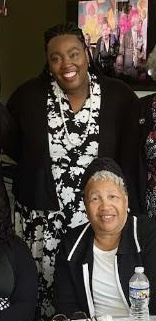
Home Grown: You recently went on a vacation with your Aunt Ruthie, so your relationship with her and your extended family has endured for decades. If you were sending Ruthie a love note for FFN appreciation week, what would it say?
Alexandra: Ruthie is 80 now, and I tell people all the time that she’s my girl. She was my anchor for the first few years of life, and her joy and laughter and care as another mother made me who I am today. Thanks, Ruthie, for still showing up for me and being my girl.
David Daniels, CEO and President, Bainum Family Foundation
Home Grown: You were an educator and school administrator in your early career. Your wife was also an educator. Those are jobs with long hours and lots of responsibilities. How did you manage child care during that time?
David: My mother had taken care of me when I was a child, and with our oldest daughter, Lauren, she wasn’t just Grandma. She took care of Lauren every day for the first three years of her life, and for the rest of her life, she and Lauren had a special relationship. My mother’s name was Priscilla Daniels, but we all just called her Mama D. She took care of my daughter, my godsisters and, later, their children. She had a generational impact on our family and was the anchor for a whole community of people and their relationships to each other.
Lauren is 23 now, but she still talks about going to the fabric store with her grandmother, doing crafts, going to church events, eating her famous egg salad sandwiches. A trusted caregiver like that just has an instinct for love. She knew how to create a safe space for kids to learn emotionally and intellectually, to be nurtured and feel a sense of importance and belonging. All the kids in our family always wanted to be at Mama D’s house, and we parents felt connected and supported because of the continuity of care and the community that she created.
.The confidence and competence of the kids she served and worked with speaks volumes to the importance of the nurturing village that she created. Recognizing Mama D’s sacrifice, and the investments that she made in my family’s children reinforces for me the importance of 0 to 3 and the outcomes that come from those years when kids go to school and grow up to be healthy adults.
David Daniels
Bainum Family Foundation
Home Grown: How has Mama D’s example influenced who you are today as a leader supporting other FFNs like Mama D?
David: Well, I know that what my mom just did naturally, I took for granted. The confidence and competence of the kids she served and worked with speaks volumes to the importance of the nurturing village that she created. Recognizing Mama D’s sacrifice, and the investments that she made in my family’s children reinforces for me the importance of 0 to 3 and the outcomes that come from those years when kids go to school and grow up to be healthy adults. The children she cared for are now medical students, educators and professionals. She showed them how to love and that inspires both confidence and connection. So her example has made me more determined to make sure that other Mama Ds of the world get the respect that they deserve. Love and sacrifice often come together, but they don’t have to be synonymous. I want FFNs to get the recognition and the support, including the pay, as professionals that they deserve.
Home Grown: I know that Priscilla has passed, but if you were writing her a love note today, what would you say?
David: So my mom and I always used to have this thing where if I did something and she’s obviously proud of me, she would say, “David, You all right.” So if I were sending her a card, I would probably say, “You know, Mom, I’m just reflecting on all that you provided for Lauren, for Shanika, for Jordan, for Kaylin, for Nikki, for our whole extended family. You know what? Mom, you’re all right.” That’s what I would say. And she would smile a little bit and brush it off and say, “Boy, go on somewhere.”
Home Grown sends our deepest appreciation and love to all FFN caregivers, whose enduring legacy of care, learning and connection strengthens families and communities across the globe. We wouldn’t be who we are and we couldn’t do what we do without you.
